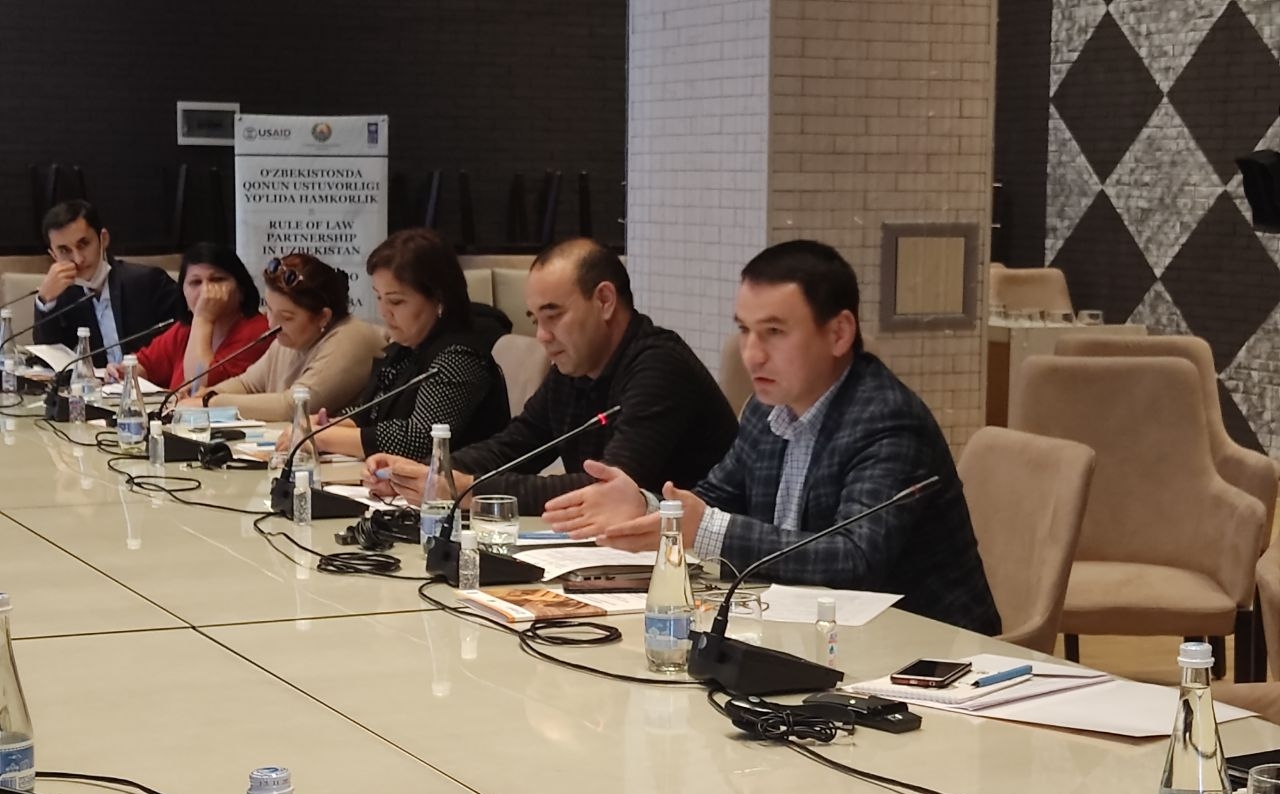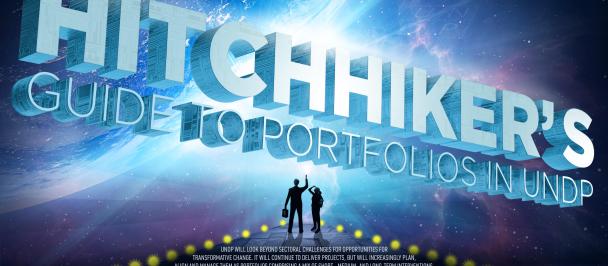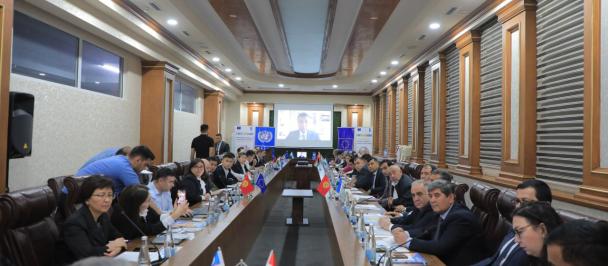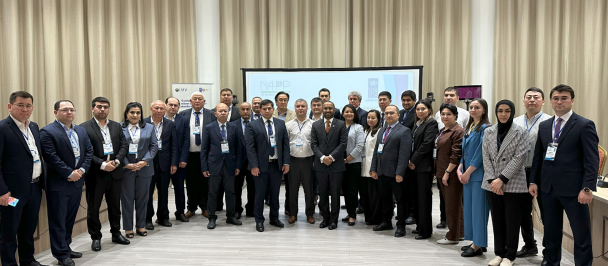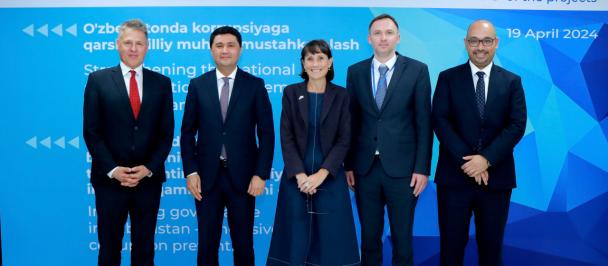Photo: UNDP Uzbekistan
3-4 December - A training for journalists and bloggers on interacting with courts and writing on court hearings has taken place, with the attendance of national and international trainers. This training has been held in a combined digital and in-person format, hosted by USAID, the Supreme Court of Uzbekistan and UNDP, within the framework of the ‘Rule of Law Partnership in Uzbekistan’ joint project.
This event was attended by representatives of national news agencies, TV and radio channels, popular online news portals, newspapers and magazines, and also bloggers in the judiciary sphere.
The training also highlighted key international experience. Presentations covered the means used in the US to ensure media access to courtrooms and judicial records, and on the means US journalists use to cover court and legal issues, were delivered by Dr. Jonathan Peters, Associate Professor at the College of Journalism and Mass Communication, and Affiliate Professor at the School of Law of the University of Georgia.
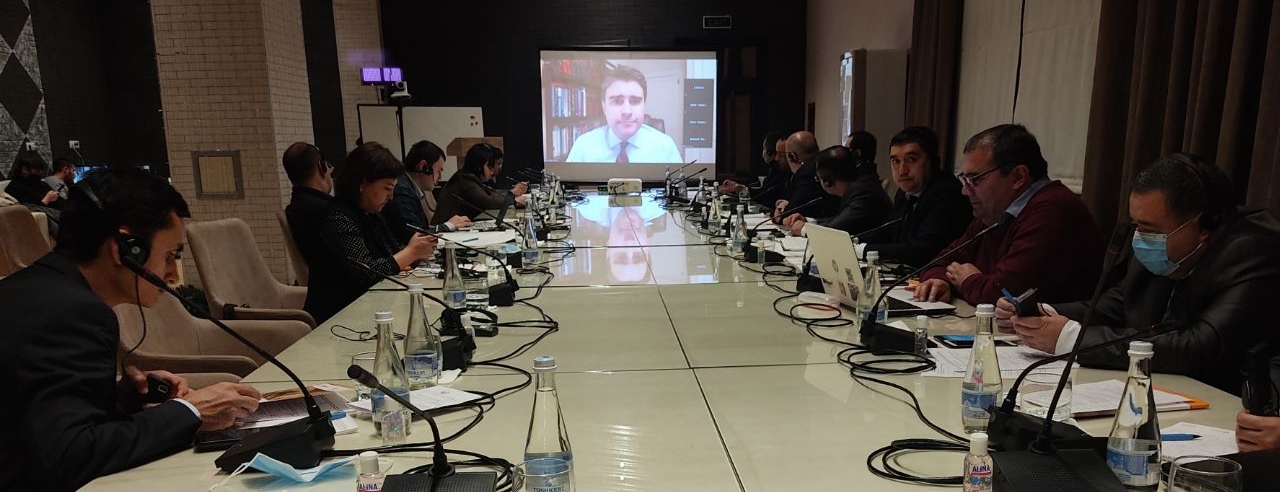
A presentation on open justice in the UK was delivered by Dr. Tim Crook, historian and Emeritus Professor of the Department of Media, Communications and Cultural Studies at Goldsmiths, University of London.
UNDP communications expert and co-author of the ‘Global Experience in Journalist-Court Relations’ report James Brindley, presented its recommendations on improving digital interaction between Uzbekistan’s courts and the media.
As it was noted during the event, in recent years concerted efforts have been made to continue Uzbekistan’s democratization process, which have included building a culture of court journalism. The media’s right to practice investigative journalism has been enforced through the law ‘On protecting the professional activities of journalists’, and the Supreme Court Resolution formed in February 2020 ‘On ensuring openness of judicial proceedings and the right to get information on court activities’.
At present persons who are not direct participants in cases, including media representatives, are allowed to attend open court sessions. Obstructing press access to a courtroom, on grounds not provided for by law, is not allowed.
During the training, detailed information was provided on the legal basis of court-media and public interaction, and procedural and ethical aspects of providing journalists with access to courthouses and court records. Participants were particularly interested in the experience of leading foreign countries within the field of ensuring open justice.
In addition the trial simulation game ‘Media Coverage of a Court Hearing Session on a High Profile Case’ was conducted, following which the results of the simulation of the trial were summed up, and the acquired knowledge and skills were discussed.

 Locations
Locations